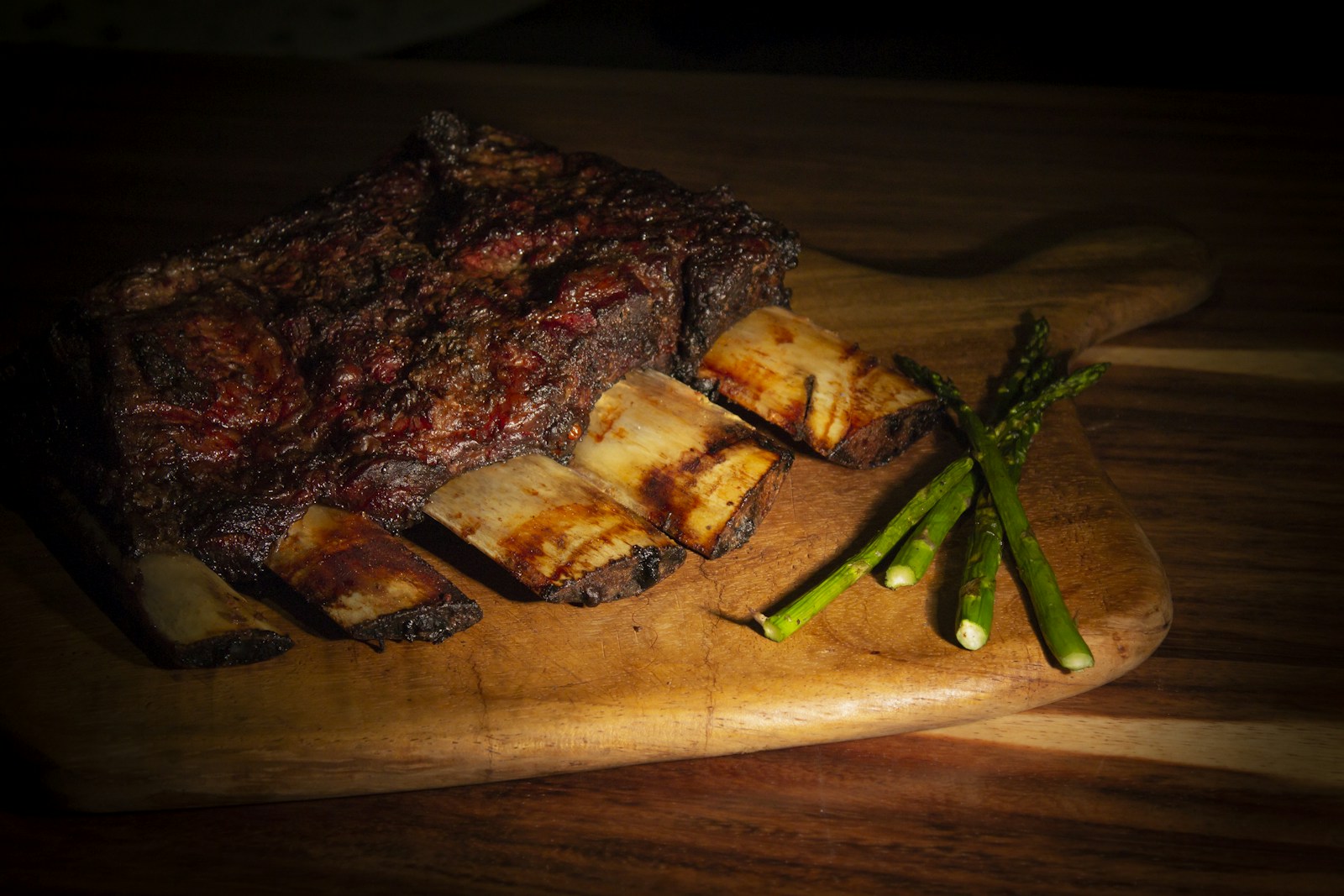
肋骨
lèigǔ

rib
The Chinese word '肋骨' refers specifically to the ribs in the human body, which are the long curved bones that form the rib cage. These bones protect vital organs, such as the heart and lungs, and provide structure to the upper body. In medical or anatomical contexts, '肋骨' can be used to discuss issues related to the ribs, their anatomy, or their function in the skeletal system.
Example sentences using: 肋骨
我感到肋骨附近有点疼。
Wǒ gǎndào lèigǔ fùjìn yǒudiǎn téng.

I feel a bit of pain near my ribs.
This phrase indicates that the speaker is experiencing discomfort or pain in the area around the ribs, which could imply a variety of health issues.
他的肋骨受伤了。
Tā de lèigǔ shòushāngle.

His rib is injured.
This sentence tells us that the person referred to has sustained an injury specifically to one of his ribs, which could be due to an accident or a sport-related activity.
医生说我的肋骨没有骨折。
Yīshēng shuō wǒ de lèigǔ méiyǒu gǔzhé.

The doctor said my ribs are not fractured.
In this phrase, the speaker is relaying information received from a doctor regarding the condition of their ribs, indicating that although there may have been discomfort, there is no fracture.